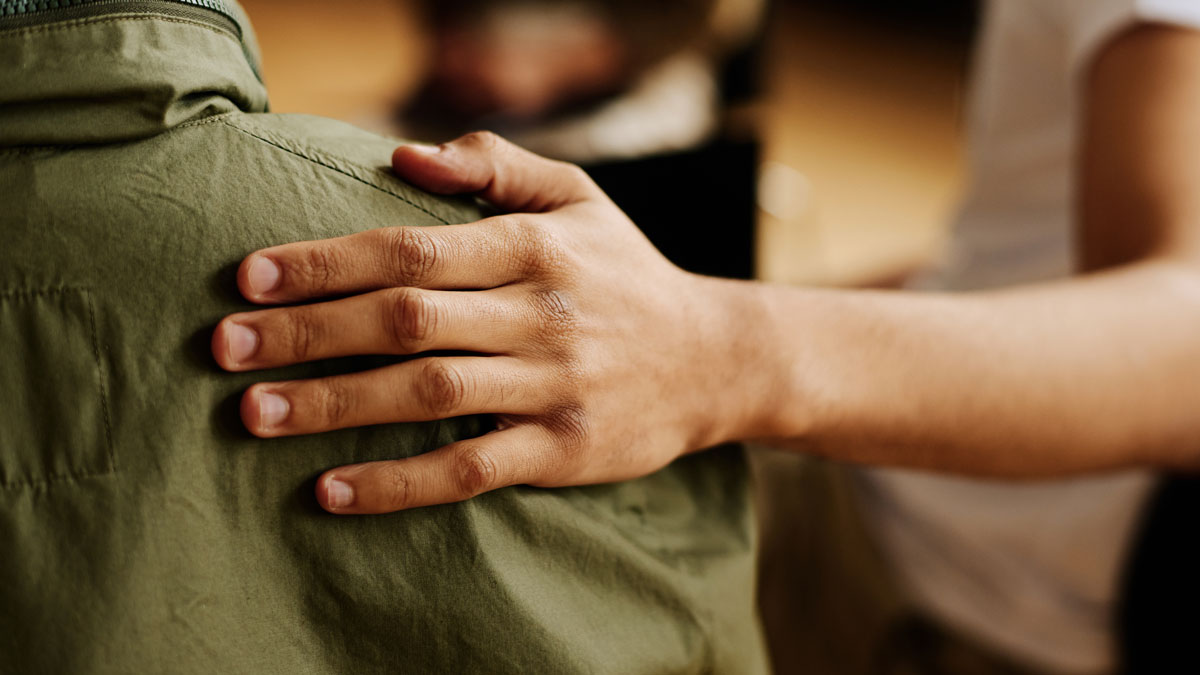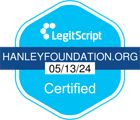Learning to move forward in life after the loss of a loved one to overdose can feel incredibly difficult. The distinctive challenges to meet on a daily basis can be intensified if you’re handling them with little or no support. In this article, we expertly guide you through the intricate layers of the grieving process to uncover coping strategies, embrace transformative self-care practices, and acquire invaluable insights to help you navigate the path forward while honoring the cherished memory of your loved one.
Beginning the grieving process after an overdose loss involves navigating a complex emotional landscape, from profound sadness to guilt or anger. These emotions can significantly impact daily life and relationships, requiring patience and self-compassion. The aftermath often includes overwhelming guilt and societal shame, hindering open sharing of experiences. Coping strategies, such as artistic expression and support groups, are crucial. Memorializing your loved one through rituals and self-care practices, like mindfulness and exercise, facilitates healing. Hanley Foundation offers Project COPE, a dedicated support group, and free grief support groups to eliminate barriers and foster understanding for those affected by overdose loss.
Understanding Grief After Overdose
Beginning the grieving process after losing a loved one to an overdose means navigating a complex emotional environment. Processing this type of loss entails dealing with a wide range of emotions, from profound sadness to thoughts of guilt or rage. The complex interplay of these emotions can have a considerable impact on daily life, casting an overpowering shadow over routine activities and relationships. The mourning process can be complex, requiring patience and self-compassion as you navigate the sorrow after an overdose.
Addressing Guilt and Stigma
The aftermath of a loved one’s death from a drug overdose is sometimes filled with tremendous guilt and societal shame. Individuals dealing with loss may have feelings of guilt, wondering if they might have done more to avert the disaster. Furthermore, the cultural shame associated with drug-related deaths can compound the suffering, leading to isolation and a reluctance to share their experiences openly. Overcoming these challenges involves a sympathetic knowledge of the complexity of addiction and overdose, as well as encouraging healing and empathy for those who have suffered such losses.
Coping Strategies for Overdose Grief
Having coping techniques in place after losing a loved one to an overdose is critical for navigating the complex and profound emotions of grief. These tactics offer you healthy ways to process your emotions, encouraging resilience and assisting you in progressively rebuilding your life in the harrowing aftermath of an overdose loss.
10 Coping Strategies for Overdose Grief
- Artistic Expression: Engage in creative outlets like art or music as a means of emotional expression.
- Connecting with Others: Foster connections with friends and family to build a support network during challenging times.
- Establishing Routines: Establish daily routines to create stability in the midst of grief.
- Grief Counseling: Seek professional counseling to navigate the complexities of grief and loss.
- Journaling: Express emotions through writing, providing a therapeutic outlet.
- Memorializing: Create memorials or rituals to honor and remember your loved one.
- Mindfulness and Meditation: Practice mindfulness to alleviate stress and promote emotional healing.
- Physical Exercise: Incorporate regular physical activity to benefit both physical and mental health.
- Self-Care Practices: Prioritize self-care with activities that promote mental and emotional well-being.
- Support Groups: Join support groups where individuals share similar experiences, fostering understanding.
Memorializing and Honoring the Loved One
Memorializing a loved one who died as a result of a drug overdose can involve creating meaningful rituals or tributes that honor their life and preserve their memory. This can include donations in their name, creating a memorial place, organizing memorial events, or getting involved in activities that were meaningful for your loved one. Performing such acts not only commemorates the individual but also gives those who are bereaved a tangible and heartfelt way to recall and treasure the good qualities of their loved one’s life.
Embracing Self-Care Practices
Self-care methods can help you cope with the loss of a loved one due to a drug overdose. Try activities that enhance mental and emotional well-being, such as mindfulness exercises, regular exercise, and journaling. Aim to get adequate rest, create healthy routines, and seek professional bereavement therapy to enhance your self-care. These techniques help you manage the complexity of sorrow and encourage healing during challenging times by creating a holistic approach to well-being.
Finding Hope in Healing
“While the topic of mental health has become more accepted in recent years, there is still stigma associated, contributing to people feeling embarrassed to seek out help,” explains Allison Jimenez, MS, MHC, Hanley Foundation Director of Programs. She adds, “At Hanley Foundation, we want people to know how and where to get help and feel empowered in doing so. We do this by eliminating barriers, providing free resources to the community in the form of support groups and prevention education.”
Project COPE, a dedicated support group, offers compassion and connection to families impacted by opioid use, overdose loss, or those at high risk. In shared grief, we foster a hopeful community, fighting the opioid crisis for a brighter future. Our program provides a safe space to share stories, connect with those who’ve experienced similar losses, and learn coping strategies. Professionals facilitate the healing process by providing valuable resources, insights, and techniques to navigate difficult emotions, fostering understanding, and promoting healing in ourselves and our loved ones. Hanley Foundation also offers a free grief support group with virtual meetings scheduled on the second and fourth Wednesdays of the month from 6:00 PM – 7:30 PM ET.



